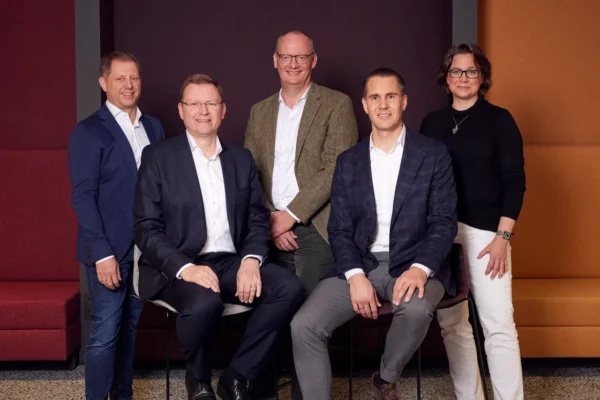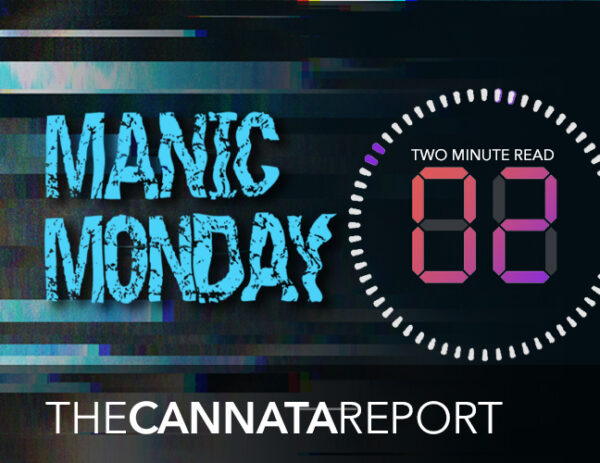A research-oriented sales approach transforms a traditional copier dealer into a technology solutions company.
At this point, nearly a year into the COVID-19 pandemic that transformed the way the world lives and works, many changes are starting to look permanent. The workplace is no longer a single place but a constellation of home offices, spare bedrooms, and kitchen tables scattered across multiple ZIP codes and time zones. This new paradigm is a challenge for employers, but, like any challenge, it’s also an opportunity. Emerald Document Imaging in Farmingdale, New York, has capitalized on this opportunity by focusing on paperless solutions in a big way. Second-generation Emerald Account Executive Meg Ryan has made it her mission to educate Emerald’s customers on the advantages of going paperless. Her blog post Transforming to a “Paperless Office” posted on the company’s website makes it clear that change is nothing to be afraid of.

Above: Meg Ryan
“Even just a few years ago, we were just like a traditional hardware copier company,” said Ryan. “Over the past few years, and especially in the last few months, we’ve transformed from your traditional copier company to an office technology solutions company.”
For Ryan, this shift is less about totally abolishing paper and more about rebalancing toward paperless solutions when they make sense, like with teams working remotely.
“Paper will never go away,” stated Ryan. “Copiers will never go away. It’s just a shift in mindset, and it’s all toward the digital transformation that we’ve been hearing about all these years. It’s here.”
As soon as the pandemic hit, Ryan noticed that her conversations with clients were changing. Gone were the questions about physical hardware, machine speeds, and type of document feeder. Instead, everyone wanted to talk about scanning to the cloud, granting access to remote workers, and adopting more sophisticated document management solutions from Emerald’s provider, DocuWare.
“It’s all about the new way of work,” said Ryan. “It’s more than just the hardware. I’m not saying hardware is ever going away, it’s just working smarter, not harder, and using your technology for productivity.”
Ryan has seen many of her clients start with the belief that traditional office machines are all they need, only to change their minds once she shows them what is possible.
She explained, “I think it’s always good to do baby steps and just start with, ‘Hey, what is your process right now? When you print something, store something, where is it going? Is it all paper? Are you scanning to a cloud solution? Are you looking for a specific workflow?’ It’s really hard to just say, ‘Oh, this is the problem,’ because everyone has a unique process.”
One of the things helping the paperless revolution pick up speed is that younger, more tech-savvy generations are now occupying higher-level roles at many workplaces. Many of the client representatives she works with aren’t hidebound older executives but twentysomethings like her, digital natives who are comfortable and enthusiastic about technology.
“There’s always a designated younger person in the meeting,” Ryan said, laughing. “It’s funny because I’m almost always that person in my own company when it comes to vetting products. I will research it. I will find the best product. I will link up with the best people.”
Ryan’s research-oriented approach helps her connect with clients who may not have had the time or the inclination to do the same. Even now, when it’s far more common for potential buyers to do their research and come into a sales conversation prepared to ask informed questions, it’s still a sales rep’s job to alert a client to possibilities they might not have considered, especially where security—the hot-button issue of a decentralized workplace—is concerned.
“Normally, unless you’re talking to an IT person who knows the ins and outs, it’s something that often needs to be brought to their attention, like how easy it is for someone to get into your network,” said Ryan. “You have a file on your computer. What if something happens to the computer or the hardware? That’s where the cloud comes in.”
After opening the conversation with talk of security and data integrity, it’s an easy opening to branch out into DocuWare’s customization options and discuss the efficiency gains of having properly indexed files in the cloud.
“You say, this is what I’m going to eliminate for you,” said Ryan. “You’re spending hours looking for things. If your time is valuable, right there, I have a solution for you.”
All of this is not to say that Ryan believes the fundamentals of work will ever really change. Copiers, printers, and paper will always be a part of the office, even the home office, but the framework they fit into is getting more high-tech, more customizable, more efficient, and more secure.
“The world is not ever going to be paperless, but this is basically just working smarter and integrating the technology with the software,” Ryan said. “Ricoh has come out with a tremendous software solution called Smart Integration Cloud. Canon has uniFLOW. Every single call I go on, it’s about scanning to cloud-based folders, OCR, how people are storing things. It’s the forefront of the conversation now.”
Building deeper, more service-based relationships with clients also helps Emerald weather the current storm. Uncertainty and instability might make a company hesitant to make a big hardware purchase, but subscription-based software, being scalable to any investment level, is an easier sell.
“Everything is subscription-based now. I love it. My toothbrush is a subscription!” Ryan said. “What changed for sales, in my perspective, is any competitor could come in and say, ‘Oh, we have a machine. It’s ten dollars lower a month.’ But when you’re creating solutions and workflow and all that, it’s not easy for competitors to come in and steal that business from you. It makes you stickier, where you know if you show someone something and they can’t live without it, they’re not going to go anywhere.”
Access Related Content
Visit the www.thecannatareport.com. To become a subscriber, visit www.thecannatareport.com/register or contact cjcannata@cannatareport.com directly. Bulk subscription rates are also available.



